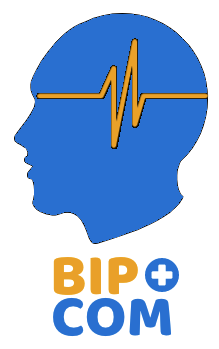

Medical Comorbidities in Bipolar Disorder: Clinical Validation of Risk Factors and Biomarkers to Improve Prevention and Treatment
Bipolar Disorder (BD) is a debilitating condition that affects many individuals and their families. It is not just a mental health issue, but a public health problem due to its prevalence, chronic nature, and comorbidities with other medical conditions. This is where BIPCOM comes in, with a precision medicine approach targeting three objectives: identifying risk factors, conducting clinical studies, and developing a Clinical Support Tool (CST) to improve personalized treatment outcomes. The final product will encompass a series of recommendations that aid in individualized clinical decision-making for BD comorbidity management. This will improve prevention, early detection, and effective treatment while assuring the translation of project results into clinical practice. BIPCOM will be implemented via ongoing consultations with stakeholders such as scientific and patient associations, users, and families, to ensure the acceptability and transferability of the findings. The project’s successful implementation will significantly impact the overall health of individuals with BD, potentially resulting in lower mortality rates and reduced incidence of severe disabilities, while also providing dependable techniques and tools for personalized care.
BIPCOM has the potential to improve a precision medicine approaches in the treatment of Bipolar Disorder (BD), through an in-depth study of MC in patients with BD, with a specific focus on Metabolic Syndrome (MetS). Such an approach will not only allow to achieve better diagnosis and treatment of BD patients, but will also provide valuable inputs to improve our current understanding of the etiopathogenesis of this complex and severe mental disorder. Last but not least, BIPCOM’s final output will consist of a set of recommendations aimed at facilitating the transfer of the project holistic PM approaches in daily clinical practice in psychiatry. As stated by ICPerMed International Consortium (2019), the main attempt will be the implementation of the four critical pillars for PM, which are addressed by BIPCOM as indicated in the second column below:
|
Critical Pillars of Precision Medicine approach |
BIPCOM |
|
Digital Technology |
Wearable biosensor study to monitor physical activity |
|
Intersectoral synergies |
An interdisciplinary consortium including psychiatrists, psychologists, endocrinologists, epidemiologists, user representatives, etc. |
|
Healthcare system reforms |
Recommendations for optimal care pathways for patients with BD |
|
Educational and Literacy |
Educational programmes for the personalized care of people with BD |
